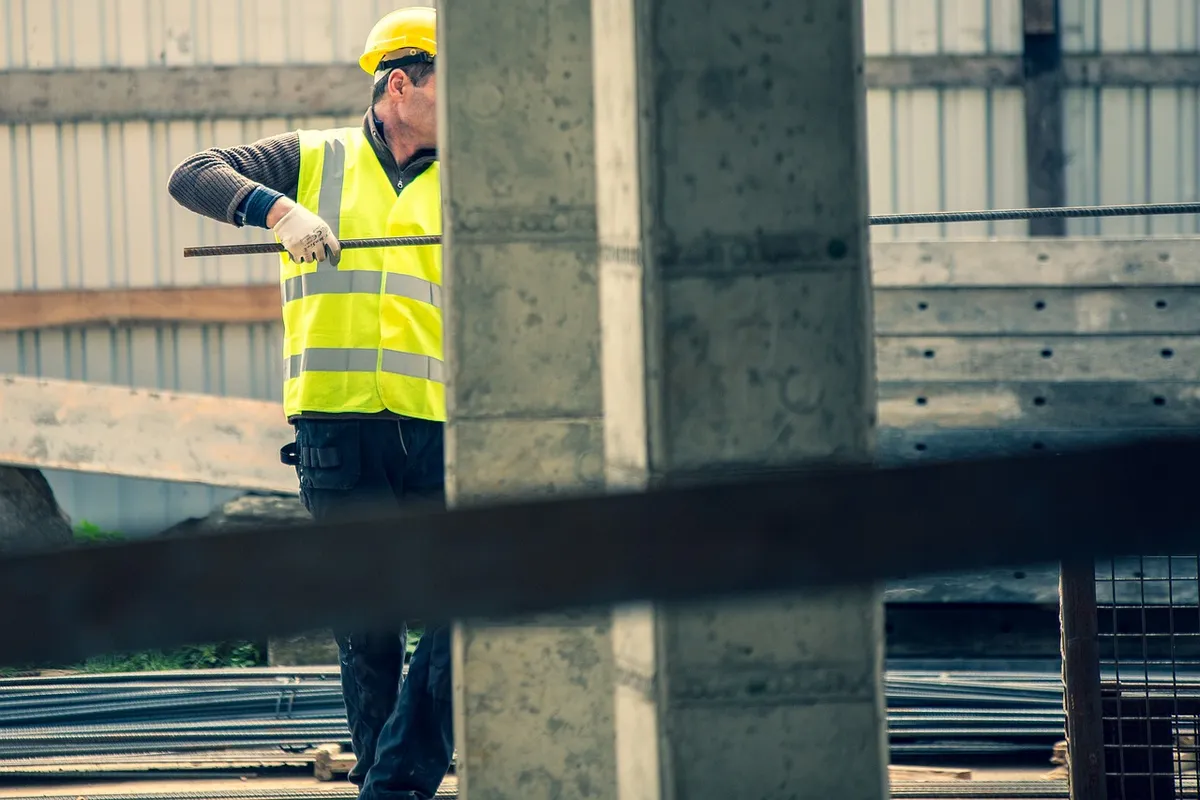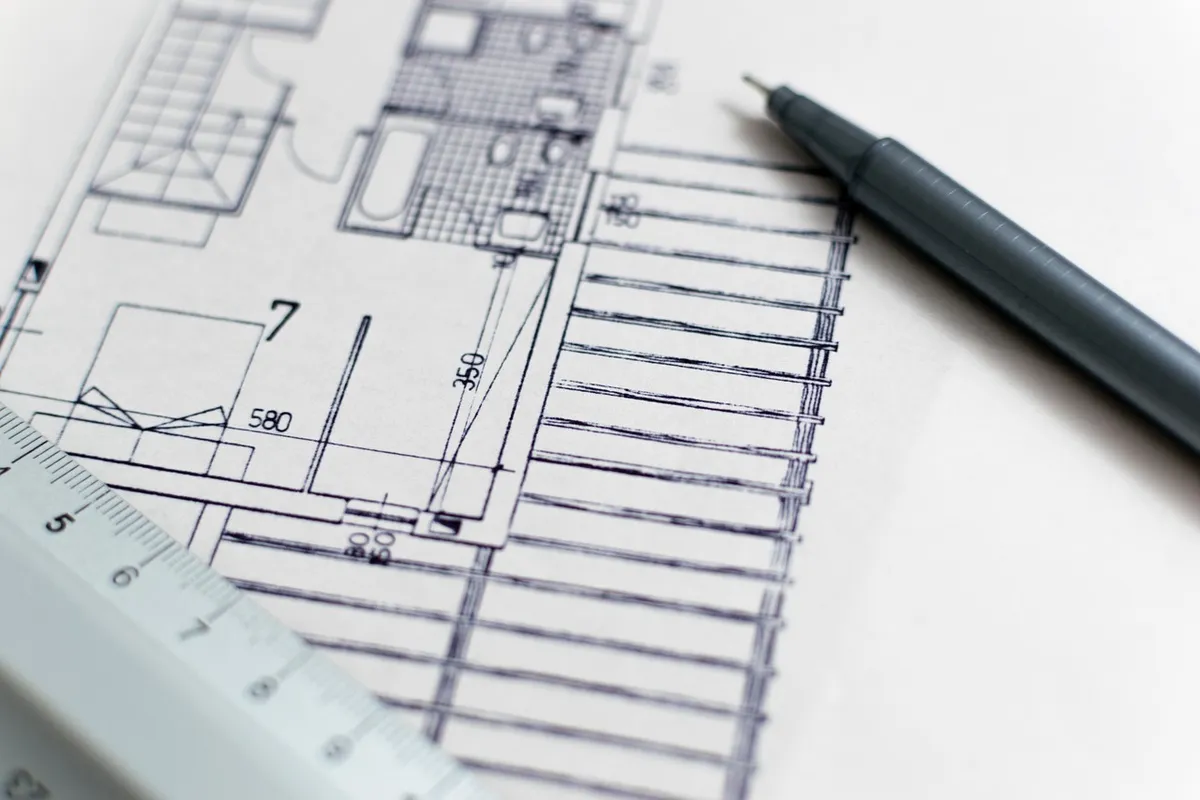Hotel Construction Project Management: Building Hospitality with Precision
Hotel construction project management is a specialized discipline within commercial construction that requires a balance of technical coordination, creative vision, and financial oversight. Unlike generic commercial buildings, hotels must deliver both operational efficiency and exceptional guest experiences, making the project management process more intricate.
From feasibility studies and architectural planning to interior fit-out and final commissioning, hotel projects involve numerous stakeholders, regulatory hurdles, and design complexities. This article explores the unique demands of hotel construction project management, the key stages involved, common challenges, and proven strategies for success.

The Uniqueness of Hotel Projects
Hotels are not just buildings—they are living, operational spaces that must seamlessly accommodate guests, staff, and services 24/7. A hotel construction project must consider both front-of-house elements like lobbies, rooms, and restaurants, and back-of-house systems such as laundry facilities, kitchens, and service corridors.
Each hotel brand also brings unique design standards, operational procedures, and customer expectations. For project managers, this means managing a hybrid of commercial, residential, and hospitality construction standards within a unified project timeline and budget.
Phases of Hotel Construction Project Management
1. Feasibility and Site Selection
Every hotel project starts with a feasibility analysis to determine if the location can support the investment. This includes market research, site assessments, and financial modeling. Key considerations include:
- Proximity to transport hubs or tourist attractions
- Local competition and hotel occupancy rates
- Infrastructure availability (utilities, roads, zoning)
During this stage, a hotel operator or brand may be brought in to shape the design, business model, and branding requirements.
2. Design and Pre-Construction Planning
Once feasibility is confirmed, design work begins. This phase includes conceptual planning, architectural design, engineering analysis, and coordination with hotel brand guidelines. Hotel chains typically require adherence to brand-specific design standards, covering:
- Room sizes and configurations
- Lobby design and ambiance
- ADA compliance and accessibility
- Back-of-house workflows
Value engineering is often conducted during this phase to ensure the design aligns with budget constraints without sacrificing quality.
Construction managers play a critical role in aligning all parties—architects, engineers, developers, and hotel operators—to prevent scope creep or design changes that could delay construction.
3. Permitting and Approvals
Hotels must meet a wide array of building codes and regulatory standards, including fire safety, environmental impact, energy efficiency, health codes, and accessibility requirements.
Delays in permits can stall the entire project. A skilled project manager builds regulatory timelines into the overall schedule, coordinates with local municipalities, and ensures the design package meets all requirements before submission.
Construction Phase: From Groundbreaking to Structure Completion
Site Preparation and Structural Work
The construction phase begins with excavation, foundation work, and structural framing. Depending on the hotel's size and location, this could involve steel, reinforced concrete, or modular construction methods.
During this time, the construction manager oversees daily site operations, including:
- Coordination of contractors and subcontractors
- Logistics planning for material deliveries
- Quality inspections and milestone reviews
- Weather delay mitigation strategies
Mechanical, Electrical, and Plumbing (MEP) Systems
Hotels have highly specialized MEP systems to support round-the-clock guest services. These include:
- Redundant HVAC systems
- Fire alarm and sprinkler systems
- Backup generators
- Commercial kitchens and laundry equipment
- Smart room controls and IT infrastructure
Coordination among MEP consultants, contractors, and hotel operations teams is crucial. Errors during MEP installation can result in expensive rework or long-term operational inefficiencies.
Interior Fit-Out and Finishing
Once the structure is complete and utilities are operational, interior finishing begins. This includes drywall, flooring, paint, millwork, and installation of furniture, fixtures, and equipment (FF&E). For hotels, FF&E is a substantial portion of the budget and timeline.
At this point, branding becomes highly visible. Interior designers work to create the look and feel promised by the brand—whether it’s luxury, boutique, eco-conscious, or budget-friendly. Construction managers ensure that all finishes meet brand standards and quality expectations.
Commissioning and Pre-Opening Activities
System Testing and Final Inspections
Before the hotel can open, all systems must be tested and commissioned. This includes:
- Fire and life safety systems
- HVAC balancing
- Electrical load testing
- Elevator and accessibility testing
- Water quality and pressure tests
Local authorities will conduct final inspections before issuing the Certificate of Occupancy. Any non-compliance can delay the opening and cause reputational harm to the brand.
Staff Training and Operational Handover
Hotel operations teams typically begin onboarding and training before the construction is fully complete. Construction managers work closely with hotel GMs and facility managers to coordinate:
- Training on MEP systems
- Final walkthroughs and punch lists
- Setup of guest amenities and housekeeping operations
- Soft openings or preview events
The goal is a seamless transition from construction site to hospitality experience.
Challenges in Hotel Construction Management
Brand Coordination
Working with global hotel brands means adhering to stringent brand standards while adapting them to local construction conditions and materials. Project managers must negotiate compromises without deviating from brand identity.
Cost and Schedule Control
Due to the premium finishes, complex systems, and service requirements, hotel projects often run over budget or schedule. Cost overruns can significantly impact ROI, especially if tied to a specific seasonal launch or marketing campaign.
Site Logistics
Urban hotel sites may offer limited staging areas, restricted delivery hours, or noise ordinances. Project managers must create detailed logistics plans to keep work progressing while complying with local restrictions.
Stakeholder Complexity
Hotel projects often involve multiple stakeholders, including owners, investors, developers, brands, designers, and construction teams. Aligning everyone’s expectations and keeping communication clear is a constant challenge.

Keys to Successful Hotel Project Management
Integrated Team Collaboration
Early and frequent collaboration among architects, engineers, hotel operators, and construction managers prevents scope conflicts and delays. The use of design-build or integrated project delivery (IPD) methods is increasingly common in hotel construction.
Use of Technology
Modern hotel project managers use Building Information Modeling (BIM), scheduling tools (Primavera P6, MS Project), and construction management platforms (Procore, Buildertrend) to monitor progress, detect conflicts, and ensure accountability.
Pre-Fabrication and Modular Construction
For certain projects, especially chain hotels, modular construction can reduce timelines and improve quality. Rooms are built offsite and assembled onsite, reducing labor costs and weather-related delays.
Sustainability and Efficiency
Modern hotel guests and operators value sustainable practices. LEED certification, solar energy, water-saving fixtures, and energy-efficient HVAC systems are not only good for the planet—they also reduce long-term operating costs.
Conclusion
Hotel construction project management is a multifaceted process that blends hospitality vision with construction precision. From planning and permitting to finishing and handover, every phase must be carefully managed to meet deadlines, stay within budget, and satisfy brand expectations.
In an industry where guest experience begins the moment they walk in the door, every decision in the construction process contributes to the hotel's long-term success. With the right leadership, communication, and technical tools, project managers can transform blueprints into beautiful, functional hospitality spaces that thrive in a competitive market.